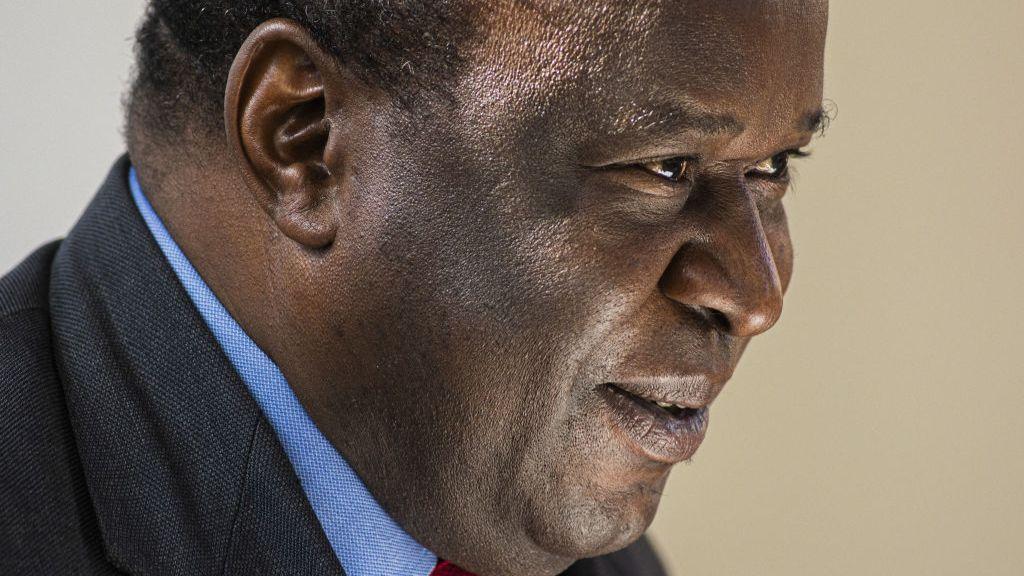Tito Mboweni, the first black governor of the South African Reserve Bank and notable finance minister, passed away at the age of 65 after a brief illness, as confirmed by the presidency. His death was met with widespread sadness, with President Cyril Ramaphosa lamenting the loss of a significant leader who contributed extensively to activism, employment policies, and labor rights throughout his career. Mboweni’s family expressed devastation at his passing, noting that he died in a Johannesburg hospital surrounded by loved ones, underscoring the personal impact of his loss.
As a former anti-apartheid activist, Tito Mboweni spent a significant portion of his early life in exile in Lesotho, where he pursued higher education. He later obtained a Master’s degree from the University of East Anglia in the UK. Reflecting on his upbringing, Mboweni identified himself as an “exile kid” who had lived in various countries, fostering a disdain for narrow nationalism and xenophobia. Returning to South Africa in 1990, Mboweni quickly became involved in politics, serving as the inaugural labor minister under President Nelson Mandela, where he played an instrumental role in crafting the labor laws that would shape the post-apartheid workforce.
Mboweni’s tenure as labor minister was marked by the establishment of crucial labor systems, including collective bargaining frameworks and labor courts aimed at safeguarding workers’ rights. His commitment to principled debate gained him a reputation for authenticity, as did his humble choice of attire that contrasted with the typical presentation of public figures. His approachable demeanor and readiness to engage with complex issues solidified his reputation as a relatable public servant deeply invested in the well-being of laborers.
After an impactful decade as labor minister, Mboweni became the governor of the Reserve Bank, where he was recognized for his monetary policy successes. His leadership was distinguished by a particular achievement in curbing inflation, which led to being named Central Bank Governor of the Year by the financial magazine Euromoney. His expertise was acknowledged within both public service and private sectors, as he went on to serve as an international adviser to Goldman Sachs, further elevating his profile in global economic discussions.
Mboweni returned to the political forefront under President Ramaphosa’s administration, taking on the role of finance minister from 2018 to 2021. Despite previously expressing reservations about reentering politics, he accepted the position and was credited with stabilizing South Africa’s economy during a challenging period. His willingness to contribute, even when he had advocated for new leadership, demonstrated his dedication to the nation’s economic health and governance.
In addition to his political legacy, Mboweni was known for his engaging presence on social media, where he showcased a relaxed lifestyle and shared lighthearted cooking posts. His charisma resonated with the public, leaving a lasting legacy as both a committed public servant and a relatable figure. Many expressed that his passing leaves “shoes too big to fill,” reflecting the deep impact his work and personality had on South Africa, as the country mourns the loss of a trailblazer in economic policy and labor rights.

